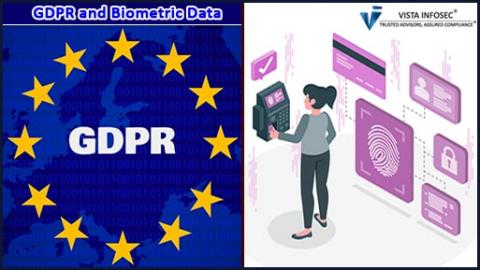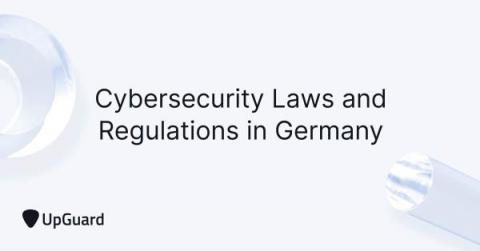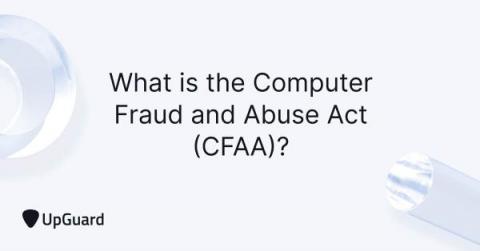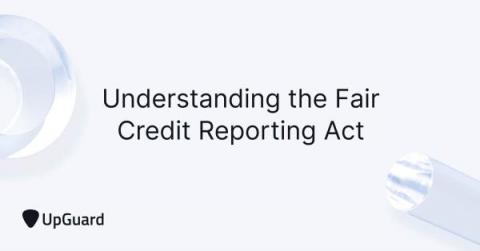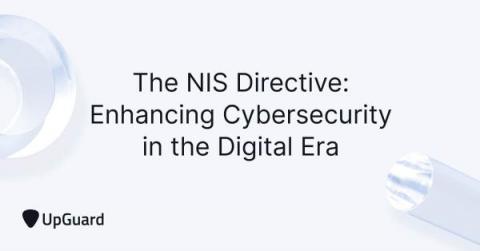GDPR and Biometric Data: Ethical Considerations and Privacy Implications
As technology advances and the use of biometric data becomes more prevalent, it is crucial to address the privacy concerns and regulatory compliance associated with this sensitive data. The General Data Protection Regulation (GDPR) plays a key role in safeguarding individuals’ privacy rights and ensuring the responsible handling of biometric data. Artificial Intelligence (AI) can also be utilized to ensure compliance and responsible handling of biometric data.


